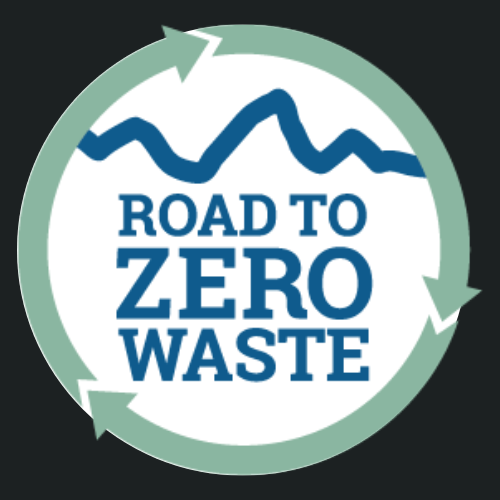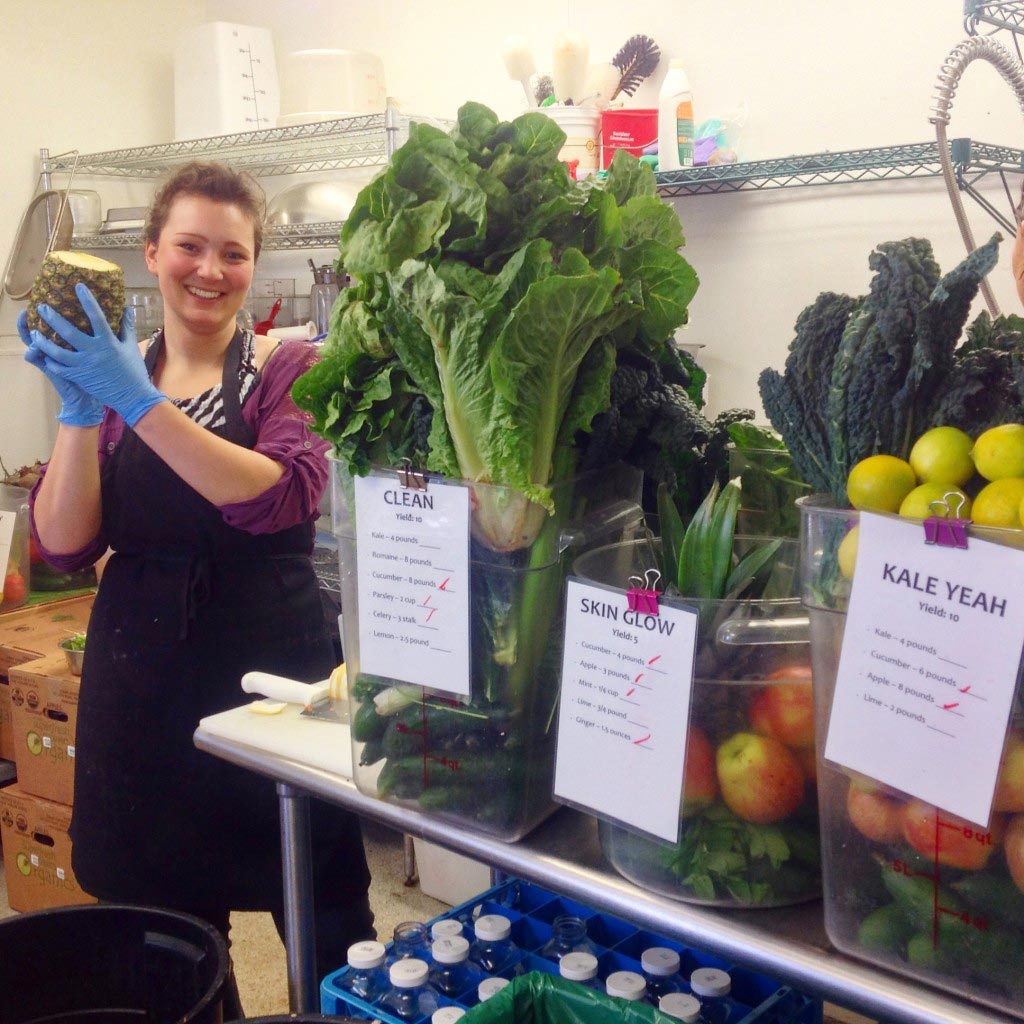16 Mar Healthy Being 2016 Waste Audit
Healthy Being 2016 Waste Audit
Sustainability is innate to Healthy Being Juicery and Café’s business model. Our mission is to nourish healthy relationships with ourselves, each other, our community, and with the earth. Consequently, we consider the full impact of every purchase and decision. We research all suppliers to determine what companies are providing high quality products using ethical and sustainable practices to reduce our upstream impact. We also implement creative sustainability initiatives to minimize our downstream waste contribution. After two years refining these innovative sustainability practices, Healthy Being partnered with Mac Dukart at Integrated Solid Waste and Recycling and Scott Steen of inSight Sustainability to formally measure its waste diversion[i]. This audit was the perfect opportunity to establish our baseline for sustainability, identify areas of strength and opportunities to improve, and tell our story as a sustainably minded small business.
SUSTAINABILITY INITIATIVES
Healthy Being is committed to always using organic or local, organically grown produce, a significant sustainability investment. Organic growing practices maintain biodiversity, increase land arability through rotating crops, and protect both land and farm workers by banning the use of chemicals and pesticides. We also offer local produce that is grown at or above organic standards but may not be certified.
Healthy Being maintains near-zero food waste thanks to a fruitful partnership with Haderlie Farms. All organic waste, from our dry fibrous juice pulp to unsellable prepared foods, is divided into livestock feed and compost and picked up by the farmers twice a week. During our weeklong audit we diverted 650 pounds, 450 gallons of food waste. This partnership is possible because Curtis and Karen Haderlie are also committed to waste reduction and organize the transport logistics.
A reusable glass bottle program accounts for a large portion of Healthy Being’s diversion rate. We encourage customers to return their bottles by charging a $2 refundable deposit. A plastic bottle alternative has a large environmental impact both in production and disposal. Our waste audit showed a 97% return rate on glass bottles, a significant diversion from both trash and recycling.
| Bottle Volume | Weight (oz) | Bottles Sold | LB | Bottles Returned | LB |
| 16 fl oz | 10.8 | 443 | 299.03 | 430 | 290.25 |
| 8 fl oz | 7.4 | 26 | 12.03 | 25 | 11.56 |
| 4 fl oz | 4.7 | 52 | 15.28 | 50 | 14.69 |
| TOTAL: | 521 | 326.33 | 505 | 316.5 |
Healthy Being’s other sustainability initiatives include offering recyclable bags for free or reusable cloth bags and coolers to rent, compostable packaging, natural cleaning products, energy efficient appliances, and LED lighting. Healthy Being has also been a RRR Business Leader (www.howdoyourrr.org) since 2014, participating in a community of sustainable local businesses to tell stories and share practices and inspiration.
Sustainability can be incorporated into any business or any home. As individuals and members of organizations, it is in our interests to build a sustainable future for our families, our community and for the planet. Healthy Being’s particular initiatives may not apply to everyone, but these strategies have been invaluable to us and may help others on the path to greater sustainability:
- Evaluate your current activities and set realistic targets. Start small and build momentum
- Set clear expectations and provide training for staff or family members.
- Take advantage of local resources: Green Power, ISWR waste audit, RRR business leaders, Chamber of Commerce, community groups, and neighbors.
- Think creatively! Work with your neighbors or HOA to start a community compost, share trash and recycling with neighboring businesses. Leverage a group’s power to realize change


